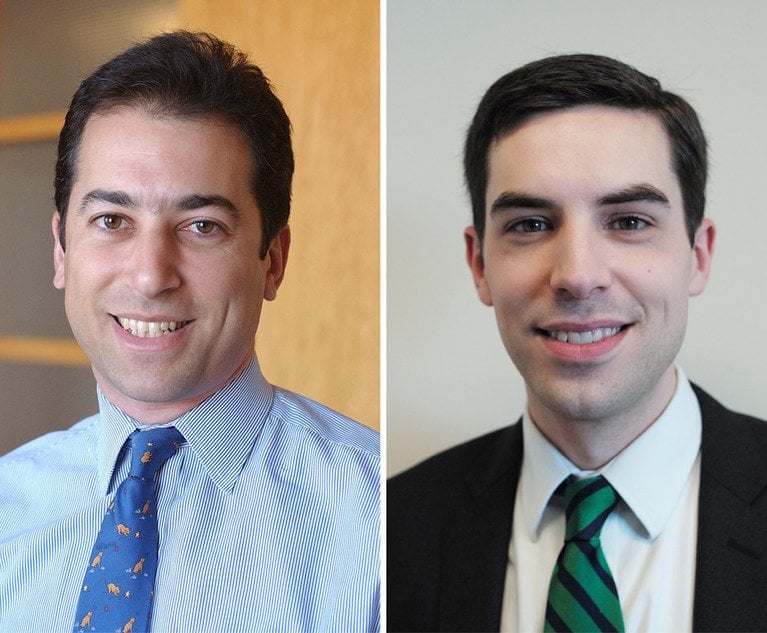The Supreme Court in Heck v. Humphrey, 512 U.S. 477 (1994) held that a §1983 constitutional claim that “necessarily” implies the invalidity of the plaintiff’s conviction is not “cognizable” unless the conviction was overturned on appeal, collateral review, or executive order. The Heck doctrine has had a major impact on §1983 litigation and has generated numerous difficult issues. This column will focus on two important recent circuit court decisions applying the doctrine, Roberts v. City of Fairbanks, 947 F.3d 1181 (9th Cir. 2020) and Savory v. Cannon, 947 F.3d 409 (7th Cir. 2020) (en banc).
Background
The decision in Heck v. Humphrey was based primarily on the principles and policies underling the “favorable termination” element of a common-law malicious prosecution claim. Favorable termination in malicious prosecution law is generally defined to mean termination with affirmative indications of innocence. Lanning v. City of Glens Falls, 908 F.3d 19 (2d Cir. 2018). The favorable termination element of a malicious prosecution claim avoids parallel litigation over the validity of a conviction and the danger of conflicting decisions in the criminal prosecution and civil tort action. The Heck court referenced “the hoary principle that civil tort actions are not appropriate vehicles for challenging the validity of outstanding criminal judgments.” Heck, 512 U.S. 486.


 Martin A. Schwartz
Martin A. Schwartz




